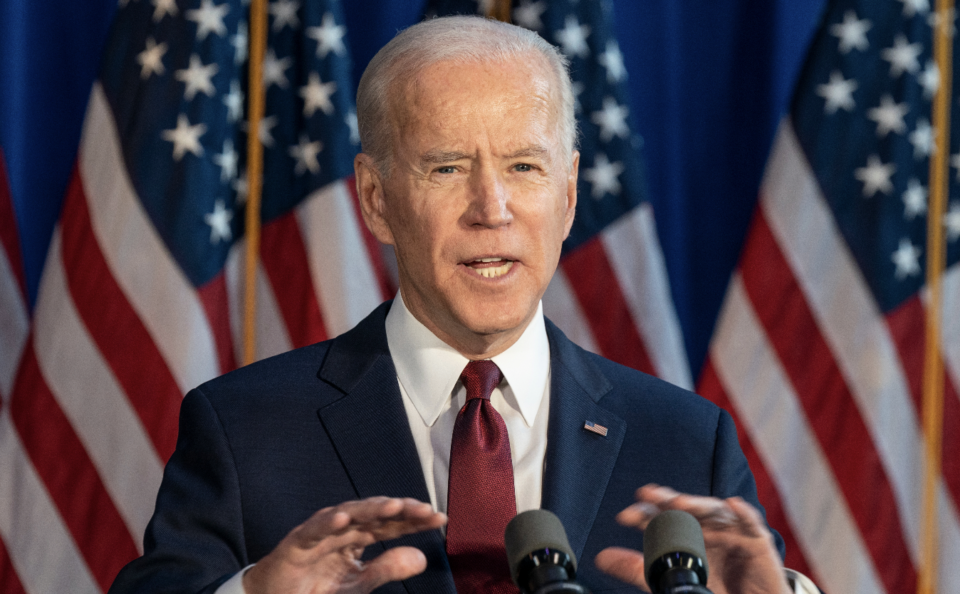Despite a year-long trend of decreasing inflation rates, the month of July saw a 0.2% rise in prices over the increase recorded in June, and a more substantial 3.2% increase compared to prices from a year ago. President Joe Biden, quick to highlight the positive, stated that this progress was achieved without compromising the overall strength of the economy. He cited the near 50-year lows in unemployment as a testament to his administration’s efforts.
Biden, in a light-hearted remark during a speech in New Mexico, humorously alluded to anticipated GOP criticisms of his economic policies. However, it’s hard to overlook the substantial concerns and criticisms that conservatives have raised regarding the current state of the economy under his administration.
Housing, a key component of the economy, has seen unprecedented price surges. Federal Reserve Bank of St. Louis data reveals that between the last quarter of 2020 and the same period in 2022, average home prices surged by over 36%, reaching a staggering $552,600 from $403,900. While homeowners celebrated the rise in housing values, experts warn that such rapid increases are often precursors to economic crashes.
The consumer price index, reflecting daily costs for most Americans, continues to challenge household budgets. Food prices rose by 0.2%, energy by 0.1%, fuel oil by 3%, utility gas service by 2%, and shelter by 0.4%. On the other hand, energy services and electricity indices decreased by 0.1% and 0.7%, respectively, while used cars and trucks saw a 1.3% decrease, and medical care services dropped by 0.4%. The rise in gas prices by 8% since July 1st has caught the attention of many, posing further financial strain on consumers.
The implications of rising gas prices extend beyond the pump. According to eToro global market strategist Ben Laidler, the increase from $3.09 to $3.83 in gas prices from December 2022 to the present means an extra annual cost of around $101 billion for US consumers in total. This added expense limits discretionary spending, impacting businesses and overall economic growth.
Concerns about potential future gas price spikes remain, particularly given the activities of OPEC+ and their production cuts. Notably, Biden’s decision to draw down the Strategic Petroleum Reserve by approximately 300 million barrels during the previous price surge leaves little room for further intervention.
Alfredo Ortiz, CEO and President of Job Creators Network, points out that despite reassurances from Democrats and the media, the fight against inflation is far from over. He attributes ongoing inflation to a combination of factors, including the Federal Reserve’s rate hikes and the Biden administration’s spending and energy policies.
While talk of a recession has waned on Wall Street, public sentiment remains skeptical. Around 60% of Americans continue to give Biden poor marks on the economy, leading to cautious spending habits as families grapple with the uncertainty of the economic future as the new school year begins.

